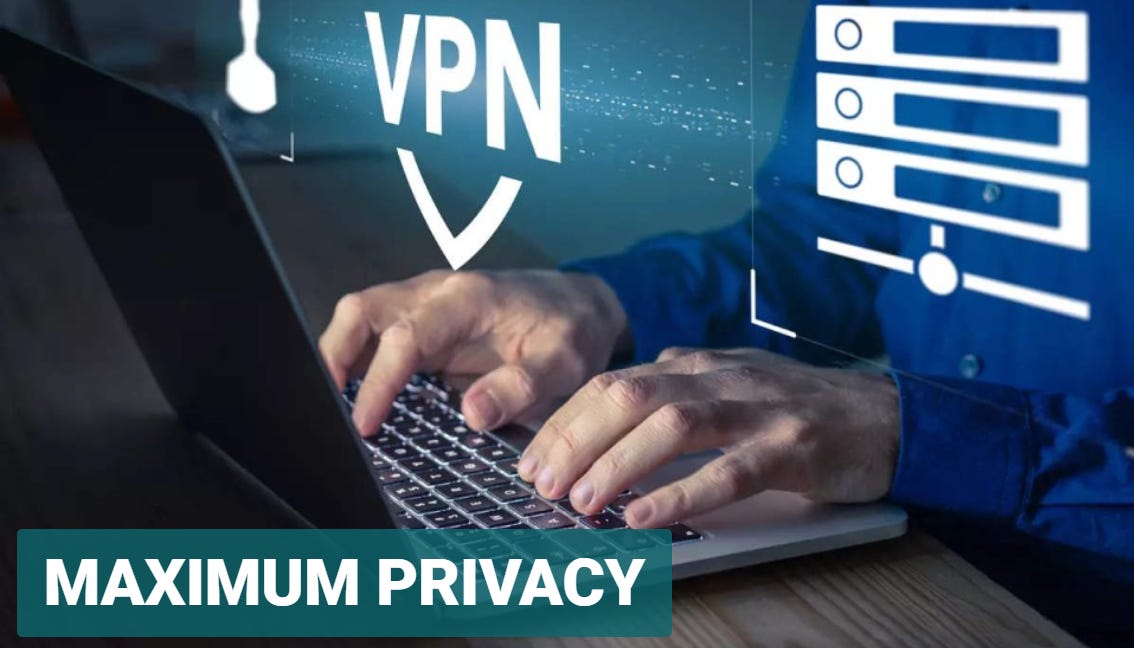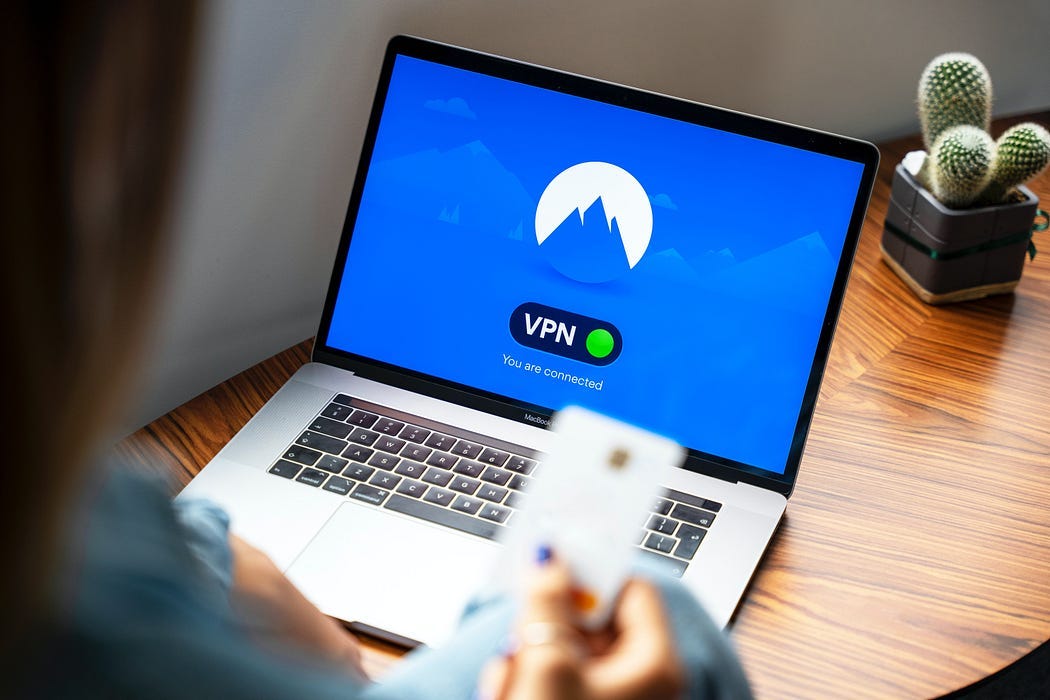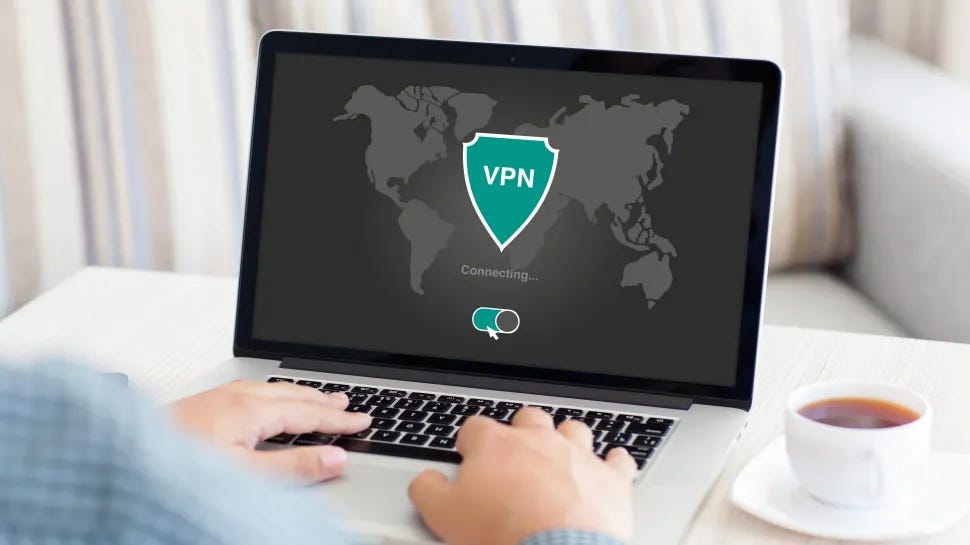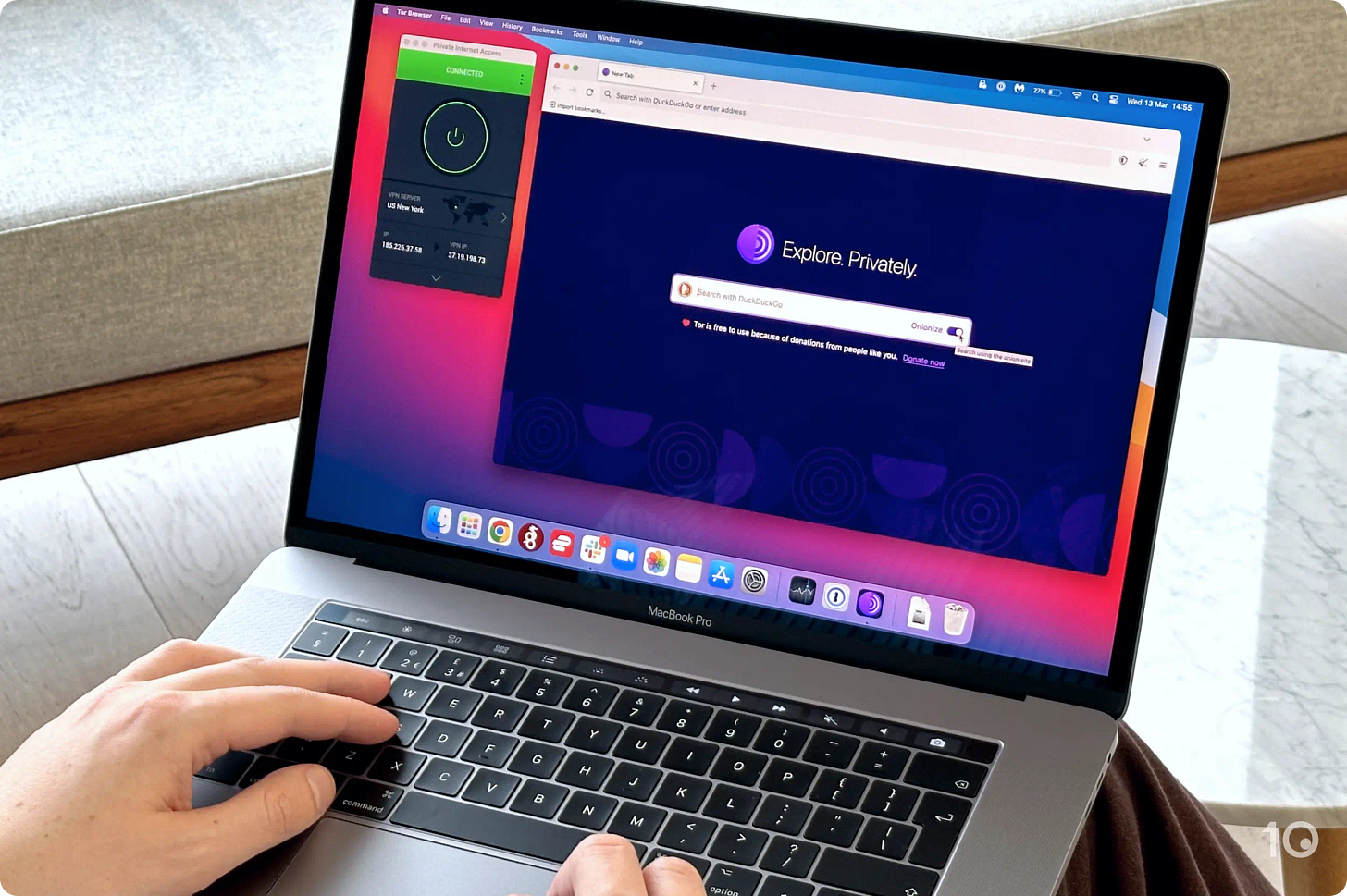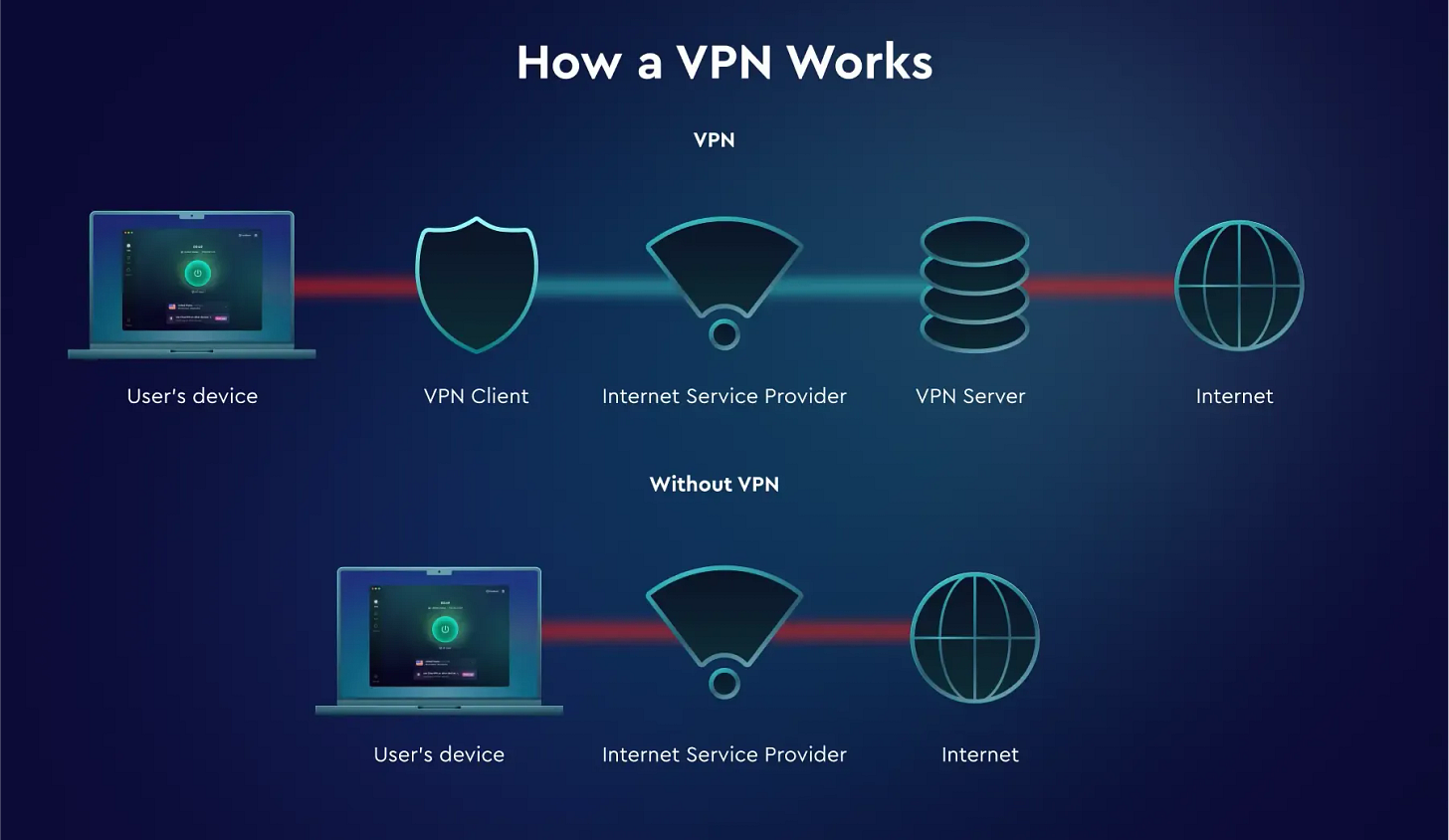Can You Really Be Tracked While Using a VPN? The Ultimate Guide to Protecting Your Privacy
Learn how to stay truly anonymous online, even with a VPN
In an era where privacy is a growing concern, many people turn to Virtual Private Networks (VPNs) for safer, anonymous browsing. Whether you're accessing geo-restricted content, avoiding surveillance, or simply protecting your data, VPNs are marketed as the perfect solution. But, can you really avoid being tracked when using a VPN? Let’s break down how they work, their limitations, and how to ensure you're as private as possible.
What Does a VPN Do?
A VPN essentially creates an encrypted "tunnel" between your device and a remote server operated by the VPN provider. This secure connection hides your real IP address, making it appear as though you're browsing from a different location. The benefits are numerous:
Mask Your IP Address: Websites can no longer see your real IP address. Instead, they see the IP address of the VPN server, making it harder to track your location.
Prevent ISP Tracking: Internet Service Providers (ISPs) can’t monitor the websites you visit, as your traffic is encrypted before it leaves your device.
Avoid Government Surveillance: In countries where governments monitor internet activity through ISPs, VPNs can shield your browsing habits from prying eyes.
Secure P2P Sharing: VPNs help mask your IP address during peer-to-peer (P2P) file sharing, ensuring your identity and location remain hidden from others on the network.
However, despite these advantages, there are situations where a VPN may not offer complete protection.
Why Do People Use VPNs?
The demand for VPN services has surged as more individuals look to protect their privacy online. Some common reasons people turn to VPNs include:
Privacy Concerns: With companies tracking browsing habits and selling data to advertisers, many users seek to keep their activities private.
Bypassing Censorship: In countries with heavy internet censorship, VPNs allow users to access content that would otherwise be blocked.
Avoiding Targeted Ads: Without VPNs, browsing data can be collected and used for personalized advertising.
Security from Cyber Threats: VPNs provide a layer of security that can protect personal data from hackers, especially when using public Wi-Fi networks.
Can You Still Be Tracked Using a VPN?
While VPNs offer robust privacy protection, they’re not a magic shield that guarantees complete anonymity. Here are a few ways users might still be tracked, even when using a VPN:
Website Tracking via Cookies: Cookies, fingerprinting, and other tracking methods can still monitor your activity, even when your IP is hidden. Clearing cookies or rejecting them can help reduce tracking, but it’s not foolproof.
VPN Provider Logs: While your ISP may be blind to your activity, your VPN provider isn’t. Some VPNs store logs, including your real IP address and browsing history. To avoid this, always opt for VPNs that have a strict no-log policy, ideally verified by third-party audits.
Advanced Surveillance: Governments and sophisticated organizations can still track VPN users through advanced techniques, such as traffic correlation or direct attacks on VPN infrastructure.
How to Ensure Maximum Privacy with a VPN
Using a VPN is an excellent first step toward enhancing your online privacy, but there are additional steps you should take to minimize the chances of being tracked:
Choose a Reputable VPN Provider: Not all VPNs are created equal. Look for services that are transparent about their privacy policies and have undergone independent security audits. Avoid free VPNs, as they often make money by selling user data.
Avoid Logging Into Accounts: When using a VPN, refrain from logging into websites that can identify you, such as email services or social media accounts. This could link your VPN activity back to your real identity.
Use Privacy-Focused Browsers: Secure browsers like Brave or Firefox with privacy-enhancing extensions can block many tracking techniques that VPNs cannot.
Regularly Update Software: Ensure that your devices and apps are up to date to protect against vulnerabilities that could expose your browsing data. Use strong, unique passwords for your accounts, and consider employing a password manager to store them securely.
By taking these steps, you can significantly increase your privacy, even in a world where online tracking is pervasive.
Key Takeaways
VPNs Protect Your IP and Encrypt Your Traffic: A VPN is highly effective in hiding your IP address from websites, ISPs, and hackers. It also encrypts your internet traffic, making it unreadable to third parties.
Not a Cure-All for Tracking: Website cookies, tracking techniques, and your VPN provider itself can still expose some of your activities. Be mindful of the VPN service you use and their logging policies.
Enhanced Privacy Requires Multiple Steps: For maximum security, combine your VPN with privacy-friendly browsers, reject cookies, and avoid logging into identifiable accounts during VPN sessions.
Whether you're trying to avoid government surveillance, skip over internet censorship, or just keep nosy advertisers at bay, a VPN is a powerful tool. Just remember, no single solution can make you invisible online. Use a VPN in combination with other security measures for the best results.
Have a VPN success story to share? We’d love to hear how VPNs have helped you improve your online privacy. Reach out to us at technode@substack.com.
Stay updated with the latest in tech and privacy news by subscribing to our free Report Newsletter!




